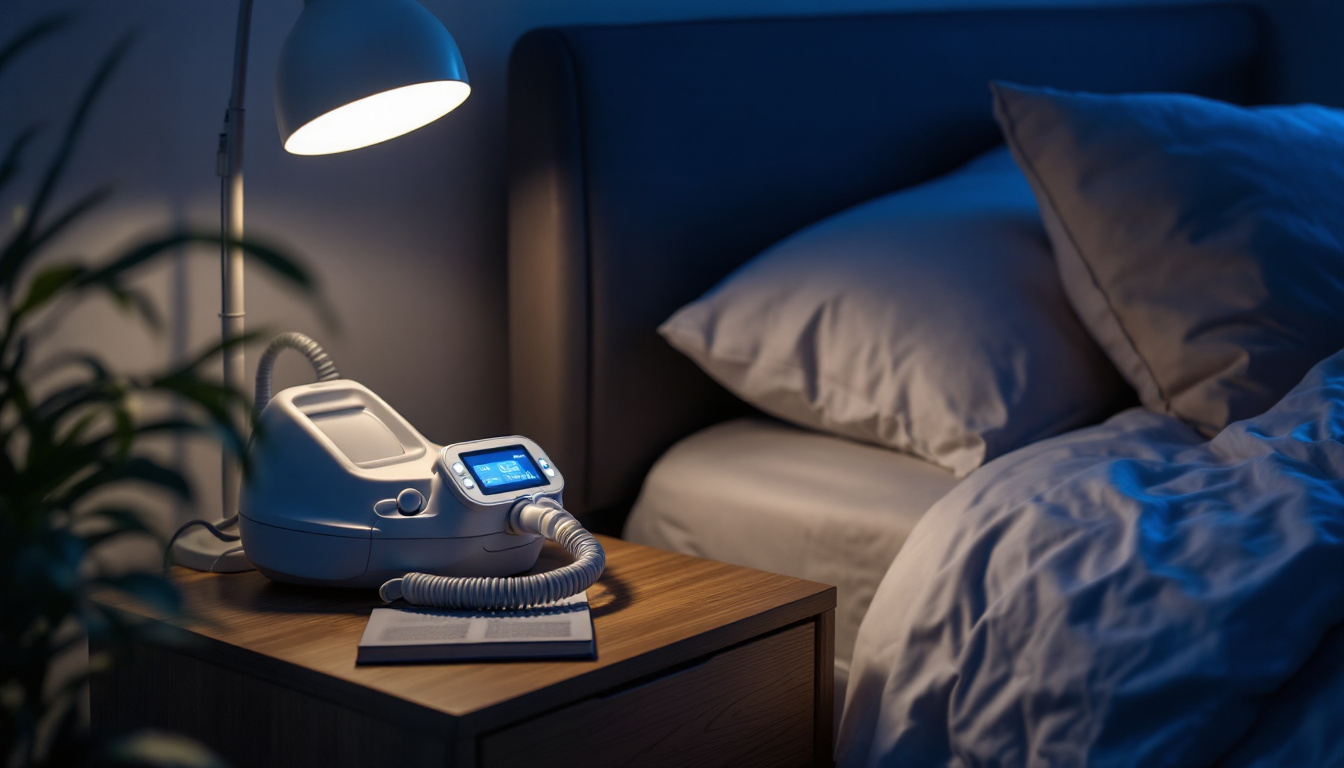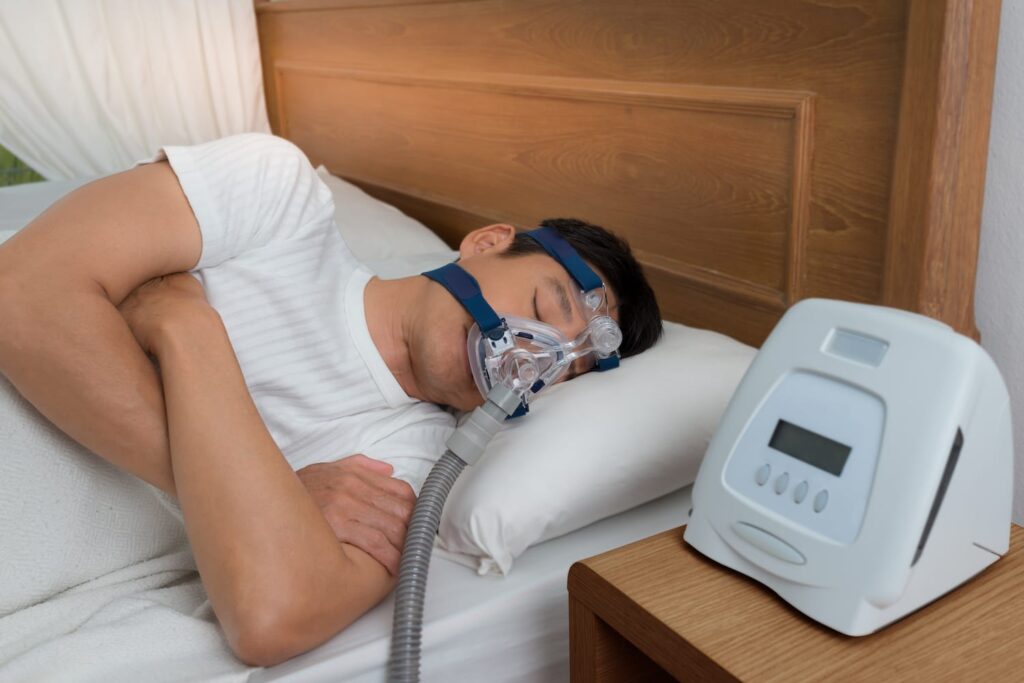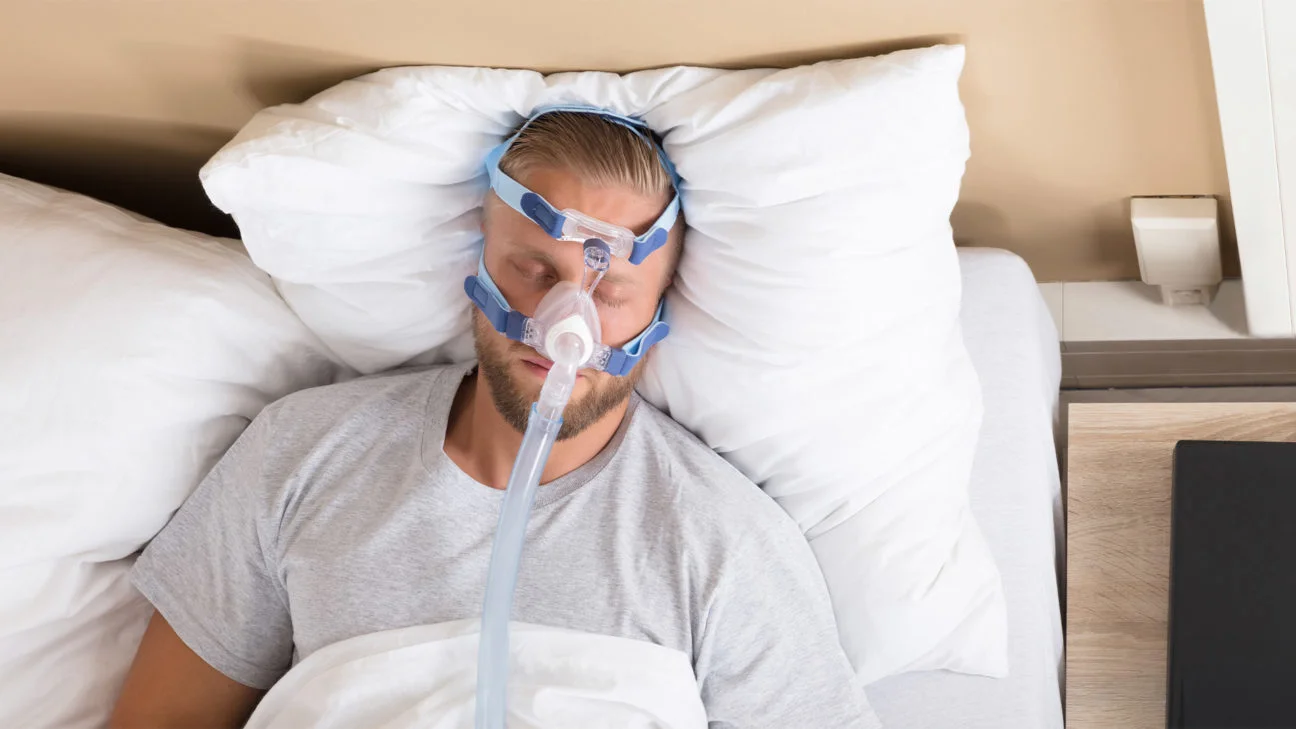Sleep apnea is a prevalent condition affecting millions of individuals globally. One of the most effective treatments available is the Continuous Positive Airway Pressure (CPAP) machine. However, selecting the right CPAP machine can be overwhelming due to the variety of options available. This article will guide you through understanding sleep apnea, the role of CPAP machines, factors to consider when choosing one, the different types available, and maintenance tips to keep your machine in top condition.
Understanding Sleep Apnea and Its Impact
Sleep apnea is a serious sleep disorder where breathing repeatedly stops and starts during sleep. It can lead to various health problems if left untreated, including cardiovascular issues, daytime fatigue, and decreased quality of life.
When selecting a best CPAP machine, it’s essential to consider features that will best meet your needs. Personal comfort, noise level, and travel capabilities are critical factors to evaluate during your selection process.

Moreover, the impact of sleep apnea extends beyond the individual. Partners may also experience disruptions due to loud snoring and interruptions in breathing patterns. Consequently, awareness and understanding of this condition are essential for seeking appropriate treatment. The ripple effects can strain relationships, as partners may feel exhausted from disrupted sleep, leading to irritability and misunderstandings. This shared burden emphasizes the importance of addressing sleep apnea not just for the individual’s health but also for the well-being of those around them.
The Science Behind Sleep Apnea
Sleep apnea primarily affects the upper airway, which can become obstructed during sleep. This obstruction leads to apneic episodes—periods where breathing ceases for 10 seconds or more, sometimes resulting in lowered oxygen levels in the blood.
Additionally, sleep apnea is often categorized into two types: obstructive sleep apnea (OSA) and central sleep apnea (CSA). OSA is the most common and is characterized by a physical blockage of the airway, whereas CSA involves a failure of the brain to send appropriate signals to the muscles that control breathing. There is also a third type known as complex sleep apnea syndrome, which is a combination of both OSA and CSA. Understanding these distinctions is crucial for effective diagnosis and treatment, as the management strategies may differ significantly based on the type of sleep apnea a patient is experiencing.
Symptoms and Long-Term Effects of Sleep Apnea
Common symptoms include heavy snoring, gasping or choking during sleep, and excessive daytime sleepiness. Long-term, uncontrolled sleep apnea can lead to serious consequences such as hypertension, heart disease, stroke, or even diabetes.
Hence, acknowledging these symptoms is vital for early diagnosis and intervention. It’s essential to consult a healthcare provider if you suspect sleep apnea to begin exploring treatment options. In addition to medical evaluations, lifestyle changes such as weight management, quitting smoking, and avoiding alcohol can significantly improve symptoms. Furthermore, the use of continuous positive airway pressure (CPAP) machines has become a standard treatment, helping to keep the airway open during sleep. Understanding these treatment avenues can empower individuals to take control of their health and improve their quality of life.
The Role of CPAP Machines in Sleep Apnea Treatment
CPAP machines are the most widely accepted treatment for obstructive sleep apnea. They work by delivering a continuous stream of air through a mask that keeps the airway open during sleep, effectively preventing apneic episodes.
Utilizing a CPAP machine not only aids in reducing symptoms but can also significantly improve quality of life by enhancing sleep quality and reducing daytime fatigue, leading to better overall health and well-being. Learn more about fatigue on https://www.betterhealth.vic.gov.au/health/conditionsandtreatments/fatigue
How CPAP Machines Work
CPAP machines function by maintaining air pressure in the airway, which prevents the soft tissues in the throat from collapsing and blocking airflow. This positive pressure is adjustable through various settings, ensuring patients receive the appropriate amount of air regardless of the severity of their apnea.
The correct pressure is usually determined through a sleep study, allowing healthcare providers to customize the CPAP machine’s settings to align with the patient’s specific needs. This personalized approach is crucial, as it ensures that the therapy is both effective and comfortable for the user, which can significantly enhance adherence to treatment.

Benefits of Using a CPAP Machine
One of the primary benefits of using a CPAP machine is the improvement in sleep quality. By preventing apnea events, users often experience more restorative sleep cycles, leading to increased alertness and improved mood during the day.
Additionally, consistent use of CPAP can mitigate health risks associated with sleep apnea, such as hypertension and heart disease, making this machine a powerful ally in managing one’s overall health. Beyond physical health, users frequently report improvements in cognitive functions, such as memory and concentration, which can have a profound impact on daily activities and professional performance.
Moreover, the psychological benefits of using a CPAP machine should not be overlooked. Many individuals experience a reduction in anxiety and depression symptoms as their sleep quality improves. This can foster a more positive outlook on life, as well as enhance social interactions and relationships, which may have been strained due to the fatigue and irritability often associated with untreated sleep apnea. The journey to better sleep is not just about the machine; it’s about reclaiming a sense of normalcy and vitality in everyday life.
Factors to Consider When Choosing a CPAP Machine
Comfort and Fit
Comfort is paramount for adhering to CPAP therapy, as a poorly fitting mask may cause discomfort, irritation, or even pressure sores. Masks come in various shapes and sizes, so it’s critical to try different options to find what feels best for you.
Additionally, many machines offer features such as heated humidifiers to enhance comfort levels, especially for those who experience nasal dryness.
Noise Level
The noise level of a CPAP machine can vary greatly between models. A quieter machine can significantly enhance your sleep experience, not only for you but also for your sleeping partner. Many modern CPAP machines are designed to operate quietly, minimizing disturbance throughout the night. To find more about disturbance click here.
Before making a purchase, consider reading reviews or testing the machine to ensure the noise level meets your expectations.
Portability and Travel-Friendliness
If you travel frequently, a lightweight and compact CPAP machine can make a substantial difference. Many manufacturers now offer travel-sized options that are easy to pack and transport, along with a variety of power connections to be used in different countries.
Additionally, some machines are designed to operate on battery power, which can be incredibly useful in situations where electricity isn’t available, such as camping or during a power outage.
Different Types of CPAP Machines
Understanding the various types of CPAP machines available can help you make an informed decision tailored to your specific needs and lifestyle.
Standard CPAP Machines
Standard CPAP machines deliver a fixed pressure throughout the night, as prescribed by a sleep specialist. They are effective for those with consistent apnea severity but may not accommodate changes in pressure needs during different stages of sleep.
Auto-Adjusting CPAP Machines
Auto-adjusting CPAP machines, or Auto-CPAPs, automatically adjust the pressure delivered based on your breathing patterns, providing varying air pressure as needed throughout the night. This feature can enhance comfort and compliance for many users.
Bi-Level Positive Airway Pressure Machines
Bi-level machines provide two levels of pressure—one for inhalation and a lower pressure for exhalation. This can be especially beneficial for those who find it difficult to exhale against the constant pressure of a standard CPAP, making it more comfortable for long-term use.
Maintenance and Care for Your CPAP Machine
To ensure optimal performance and longevity of your CPAP machine, regular maintenance and care are essential. Routine cleaning and timely replacement of parts will help maintain hygiene and functionality.
Cleaning and Sanitizing Your CPAP Machine
Daily cleaning of the mask and tubing, as well as weekly cleaning of the water chamber, is recommended. Utilize mild soap and warm water to avoid damaging components. Additionally, many users benefit from using sanitizing devices designed specifically for CPAP equipment.
Regular cleaning not only ensures hygiene but also helps prevent the buildup of bacteria and allergens, contributing to a healthier sleep environment.
When to Replace Your CPAP Machine
CPAP machines typically have a lifespan of about five years, but this can vary based on usage and maintenance. Signs that it may be time for a replacement include increased noise, inability to maintain the prescribed pressure, or visible wear and tear.
Consulting with your healthcare provider and checking the manufacturer’s guidelines can help you determine the right time to replace your CPAP machine, ensuring you continue to receive effective treatment for your sleep apnea.
Finding the right CPAP machine can significantly improve your quality of life if you suffer from sleep apnea. By understanding your needs and the available options, you’ll be well on your way to a better night’s sleep.
Read more on: CPAP Machines Online How to Make Sure You’re Getting the Best Value for Your Money

